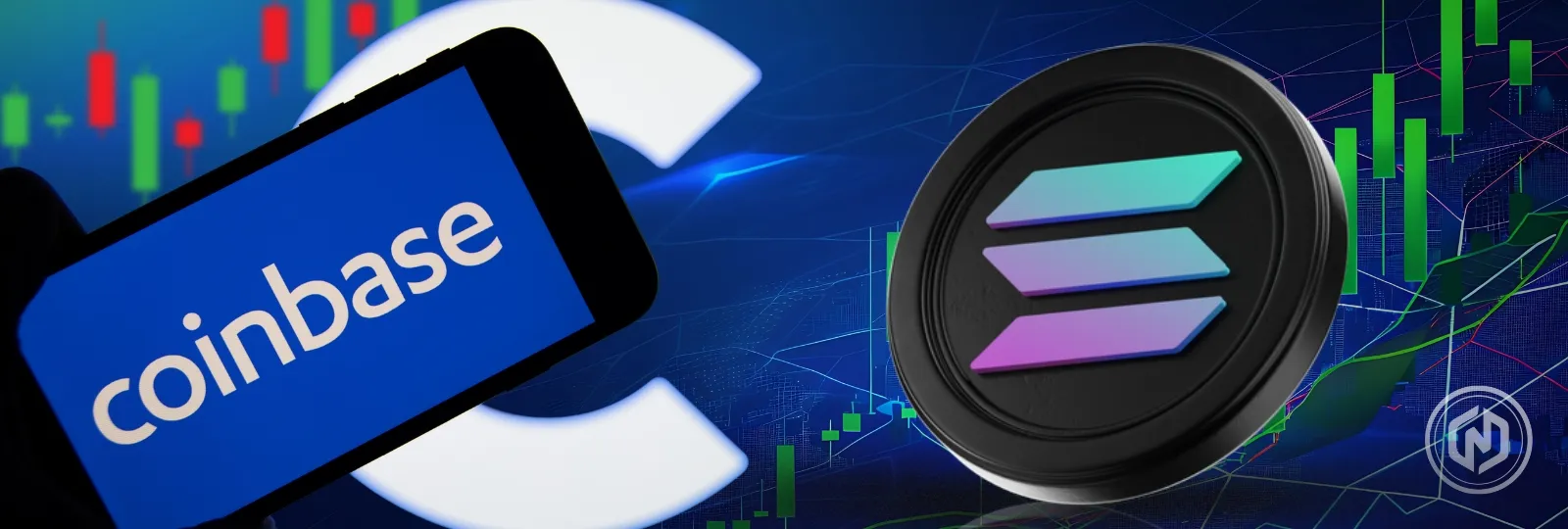On April 17, the U.S.-based crypto exchange, Coinbase, announced a sweeping upgrade to its Solana infrastructure, claiming substantial gains in speed, reliability, and scalability.
We’ve been hard at work scaling our @Solana infrastructure to be faster, more resilient, and more scalable.
We have upgraded our systems to:
→ Process transactions asynchronously, leading to a 5x improvement in block processing throughput.
→ Leverage bare metal machines for 4x… pic.twitter.com/WFINzCutNK— Coinbase Platform (@CoinbasePltfrm) April 17, 2025
Coinbase Upgrades Solana
According to the latest post on X, the crypto exchange revealed that it has implemented asynchronous transaction processing on Solana, which results in a fivefold increase in block processing throughput.
Additionally, Coinbase deployed bare metal servers and hardware that run directly on physical machines rather than virtualized environments. It helped them to achieve a fourfold improvement in Remote Procedure Call (RPC) performance.
These upgrades also introduced more advanced failover systems. It optimizes liquidity routing and implements tighter operational controls.
“These improvements enable faster, more reliable sends and receives, reinforcing our commitment to provide industry-leading performance and reliability for our users. Our work doesn’t stop here. We are continuing to invest in our Solana infrastructure so we can meet demand as Solana scales into the future”, as Solana continues to scale.
In the past, Solana has often faced network congestion during periods of peak activity. The new upgradation in Coinbase’s infrastructure could play an important role in resolving these persistent concerns. This will provide great relief to both users and developers.
So many experts mentioned that robust RPC performance is a backbone for any blockchain’s usability. By using bare metal infrastructure, Coinbase is reducing latency and enhancing transaction reliability.
Also Read: Binance CEO: Has Helped Nations With Crypto Regulation and Strategic Reserve


